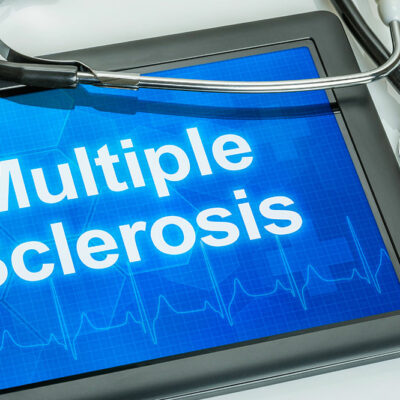
Early Warning Signs of Ulcerative Colitis
Ulcerative colitis or UC refers to inflammatory bowel disease, which primarily attacks the digestive tract, resulting in inflammation and ulcers. Typically, the symptoms of UC affect the innermost lining of your colon or large intestine and rectum. The condition of ulcerative colitis can become debilitating and life-threatening. There is no known cure for ulcerative colitis available. However, treatments reduce the signs and symptoms of the disease to a great extent.
Let’s take a look at the early warning sign of UC that can be prevented with timely diagnosis and treatment.
Symptoms of ulcerative colitis
Depending on the severity of inflammation and place of occurrence, the symptoms of ulcerative colitis can vary. Some of the prime signs and symptoms of UC include d iarrhea that can often include blood or pus, c onsistent abdominal pain and cramping, p ain in the rectum, b lood in your stool or rectal bleeding, urgency to defecate or inability to defecate despite urgency, fatigue, fever, and s tagnant growth among children.
Across most of the cases, the patient with ulcerative colitis experiences mild to moderate symptoms. Further, the course of the episodes of UC varies from patient to patient.
Foods to avoid
Avoiding or reducing the consumption of certain foods can help in the prevention of flare-ups of ulcerative colitis. Across most acute symptoms cases, it’s the fiber you should avoid to a large extent. It has been observed that during a flare-up of symptoms in ulcerative colitis, consumption of a low-fiber diet always works best. Consumption of a low fiber diet reduces material in the colon and thereby decreases symptoms. This helps patients in recovering quickly. Below is a list of foods you should avoid eating if you are prone to developing the symptoms of ulcerative colitis.
1. Whole grain flour
All kinds of foods that contain high fiber content are bad for people with ulcerative colitis. For people with ulcerative colitis, such types of food are challenging to digest. Hence, if you tend to develop the symptoms of ulcerative colitis more frequently, stop consuming food made from whole grains such as bread, cereals, pasta, noodles, and macaroni.
2. Whole-grain starch
In addition to the whole grain flours, you should also cut down on whole-grain foods such as brown rice, quinoa, buckwheat, oats, and wild rice. In addition, you should also avoid plain barley, millet, wheat berries, and bulgur wheat.
3. Nuts
The fiber found in nuts is tough to digest. Hence, avoiding eating them is the best option. Say no to all kinds of nuts, including walnuts, hazelnuts, pecans, cashews, almonds, macadamia nuts, peanuts, and pistachios.
While avoiding whole grain food is good to recover from the symptoms of ulcerative colitis, it’s important to remember that your diet plays a vital role in your overall health. Hence, gradually reintroduce high-fiber foods post your recovery.


